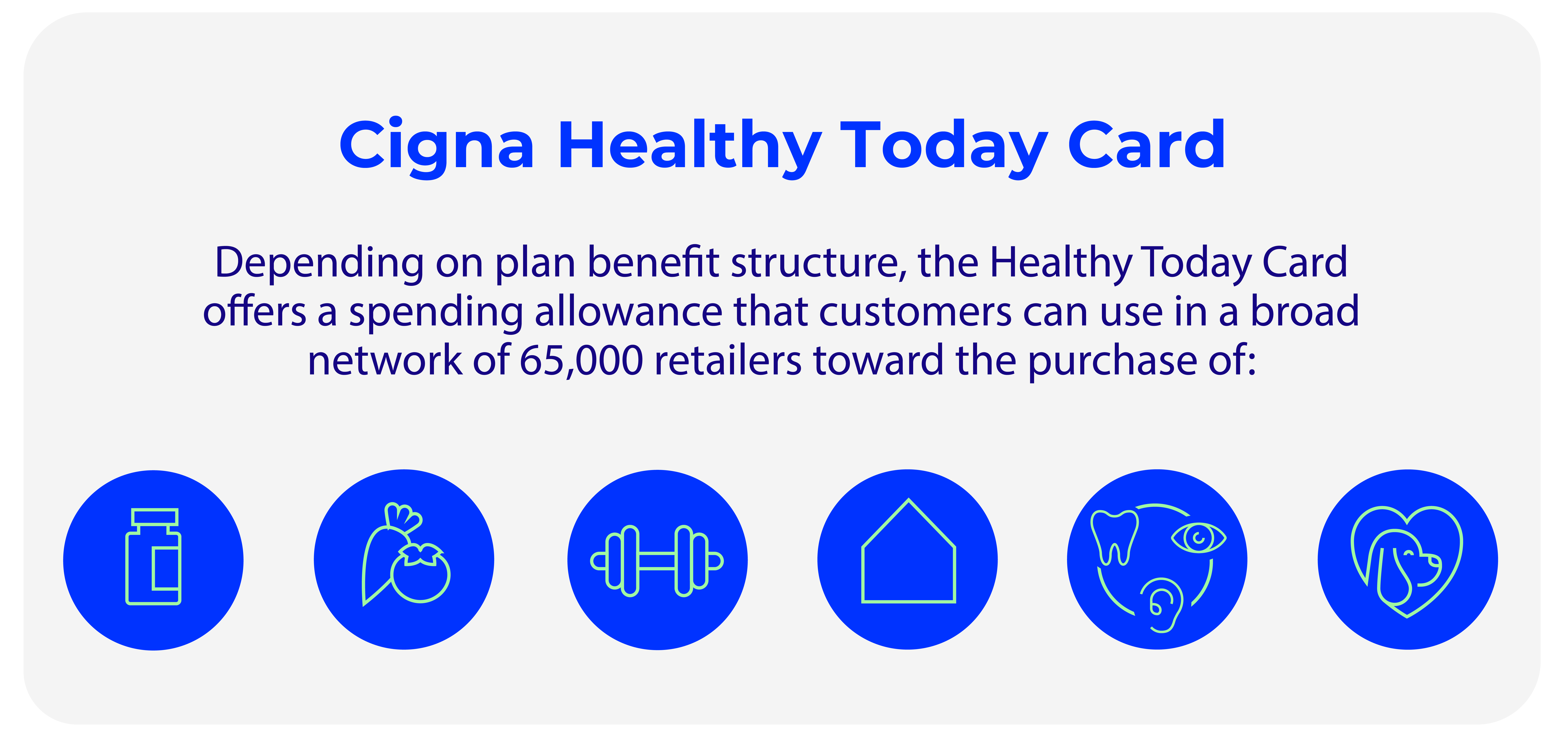
Among seniors, food insecurity cuts across all ethnicities, with about one in nine Americans age 65 or older and living alone classified as food insecure. After decreasing for several years, the risk of food insecurity increased sharply at the start of the pandemic and continues to rise for all Americans – and seniors in particular.
Food insecurity is one of the most devastating and costly social determinants of health (SDOH). In 2022, economic instability, loneliness, and food insecurity were seniors’ top obstacles to good health. In 2023, food insecurity moved up to the second spot, just behind loneliness.
More than money: Causes of food insecurity
In addition to financial hardship, a complex web of other factors can contribute to food insecurity among older adults. These factors include:
- Physical limitations – which tend to increase as people age – such as a lack of transportation, being physically unable to shop in a store, and struggling to open jars, cans, and other food containers.
- Food deserts, which typically exist in underserved and low-income communities, are defined by the unavailability of nutritious foods like fruits and vegetables. What magnifies this challenge is that while healthy food choices are sparse, sweet and salty snacks and other highly processed foods tend to be readily available, making them easy, but unhealthy choices.
- Dental problems are a less obvious reason but can be significant. When people age, their teeth may weaken and fall out. As a result, they opt for softer food choices like soup or applesauce, which can keep them from eating a healthy diet. In addition, food insecurity among older adults is strongly correlated with untreated tooth decay.
Poor nutrition has a negative impact on health – and the health care system
Among seniors facing food insecurity, lack of good nutrition can be the fuse that sets off other serious medical conditions. According to the National Institute of Health, malnutrition and unintentional weight loss due to lack of nutrition contribute to progressive decline in physical health and reduced cognitive function.
Not surprisingly, the lack of good nutrition and the prevalence of food insecurity among seniors drive increased use of the U.S. health care system. Food-insecure seniors need care for many related chronic conditions, including diabetes, cardiovascular disease, and mental health conditions, particularly depression and dementia. The annual estimated cost of this care is $130 billion.
Food for thought: Helping to address seniors’ food insecurity
Cigna Healthcare is working to address food insecurity among people eligible for Medicare in a number of ways. For example, customers enrolled in some Cigna Medicare Advantage plans have access to the Cigna Healthy Today Card.
Depending on plan benefit structure, the Healthy Today Card offers a spending allowance that customers can use in a broad network of 65,000 retailers toward the purchase of home-delivered, medically tailored frozen meals, boxes of fresh produce, healthy groceries, over-the-counter items, pet and fitness supplies, and many home utility services.

Some Medicare Advantage plans also offer allowances for dental, vision, and hearing services. In addition, customers enrolled in some plans can earn incentives and rewards dollars for receiving their yearly health checkup or other vital health screenings.
Beyond helping seniors eat well, the Healthy Today Card was designed to address critical financial and emotional needs. Incentives are available to help pay for utilities, and a pet benefit is offered to military veterans who suffer from PTSD and require a service animal.
These benefits are popular with Cigna Healthcare customers, including a woman in Florida who expressed her gratitude for the Healthy Today Card. “I would rather pay a little more for things if I know what I’m putting into my body,” she said, and the card helps her afford the organic food she prefers.
The Healthy Today Card is just one solution that’s giving seniors better access to healthy, nutritious food. By continuing to uncover innovative ways to reduce food insecurity, we can help give seniors every opportunity to live well.

Let’s give each person every opportunity to live well.
Health equity is at the heart of our business. See how The Cigna Group is driving change.